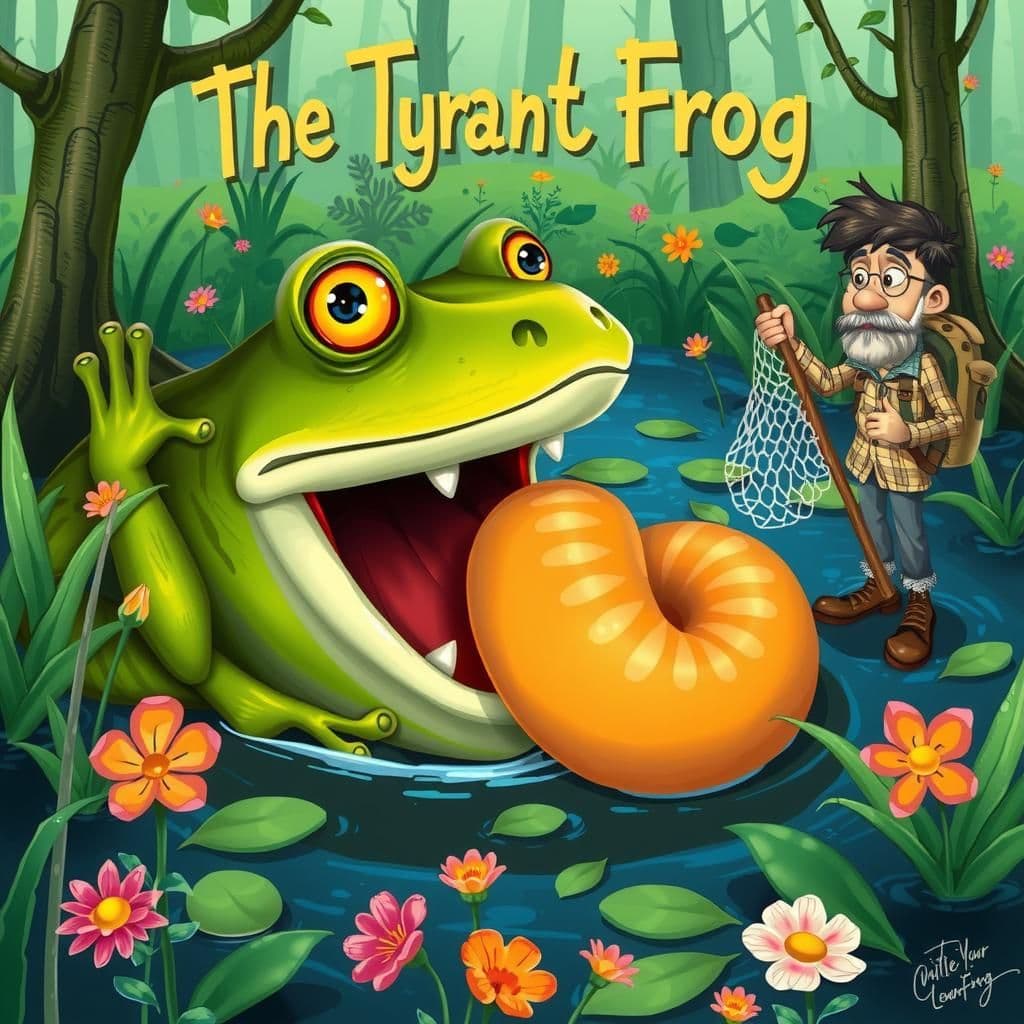The Expatriated Boss

Story Summary
In "The Expatriated Boss," a boss in Canada is confronted by a Montreal citizen who accuses him of fleeing to escape prosecution. The boss defends his choice of Canada, citing its corrupt political environment, leading to an emotional reconciliation that highlights the themes of understanding and forgiveness. Through this simple moral story, readers are reminded of the importance of perspective and compassion, making it an educational moral story suitable for kids.
Click to reveal the moral of the story
The story illustrates that sometimes, self-justification can lead to unexpected outcomes, revealing the complexities of human interactions and motives.
Historical Context
This story reflects the 19th-century political satire prevalent in literature, particularly in the context of American and Canadian governance. It echoes the tradition of using humor and irony to critique corruption, a theme found in works like Mark Twain's "The Gilded Age," highlighting the often intertwined fates of American and Canadian political landscapes. The dialogue illustrates the absurdity of political excuses and the moral ambiguities faced by those in power, which were common subjects in the writings of that era.
Our Editors Opinion
This story illustrates how people often manipulate circumstances to deflect blame or gain sympathy, a tactic that remains prevalent in modern life, especially in politics and corporate environments. For instance, a CEO facing backlash for unethical practices might relocate to a more lenient jurisdiction, claiming it was for "strategic growth," thus evading accountability while simultaneously reaping rewards, much like the Boss in the tale who ultimately benefits despite his dubious intentions.
You May Also Like

A Protagonist of Silver
In "A Protagonist of Silver," a Member of a governmental body delivers a heartwarming moral speech to fellow financiers, framing their vested interests in silver mining as a noble cause against the government's recent decision to undermine the metal. This grand rhetoric inspires a rare moment of solidarity, prompting the Members to leave the hall, marking a significant action reminiscent of simple moral stories that highlight the importance of unity and purpose.

The Tyrant Frog
In "The Tyrant Frog," a clever fable with a moral, a snake being swallowed by a frog pleads for help from a passing naturalist, who misinterprets the situation as a simple dining scenario. The naturalist, more focused on acquiring a snakeskin for his collection, highlights the importance of understanding context before jumping to conclusions. This easy small story serves as a valuable lesson in awareness and perspective, making it a fitting addition to short story collections with moral themes for personal growth.

The Wolf in Sheeps Clothing
In this easy small story with a moral, a Wolf disguises himself in sheep's clothing to deceive the shepherd and gain access to the flock. However, his plan backfires when the shepherd, mistaking him for a sheep, kills him instead. This life-changing story illustrates that those who seek to harm others often end up facing harm themselves, reminding us of the importance of integrity.
Other names for this story
Expat Boss Confessions, Montreal's Political Refugee, The Runaway Executive, Corruption and Tears, The Exiled Leader, A Boss in Canada, The Canadian Escape, From Power to Peace
Did You Know?
This story humorously critiques the absurdity of corruption and the lengths to which individuals will go to escape accountability, ultimately revealing how shared moral failings can lead to unexpected camaraderie, even in the face of wrongdoing.
Subscribe to Daily Stories
Get a new moral story in your inbox every day.